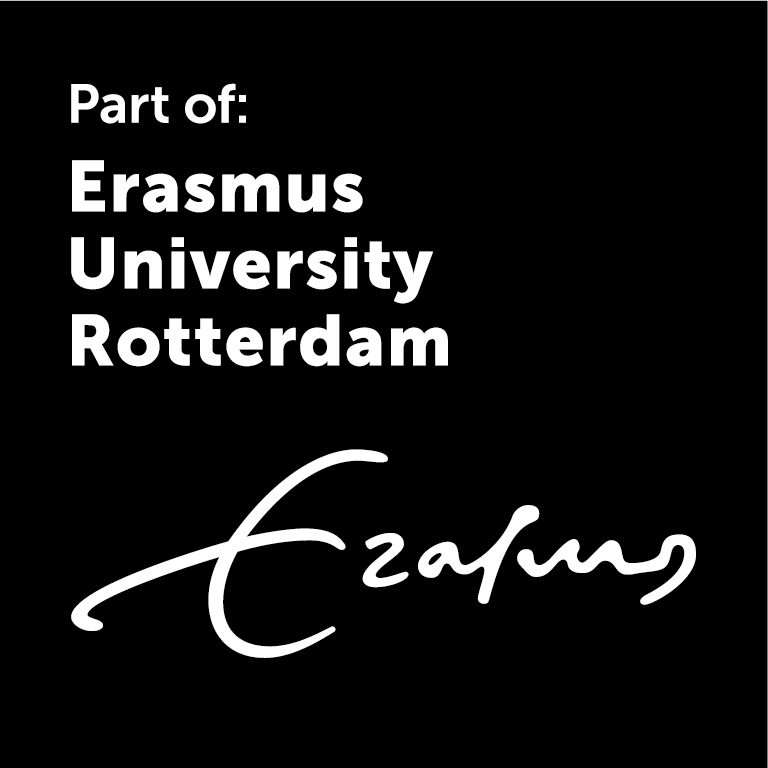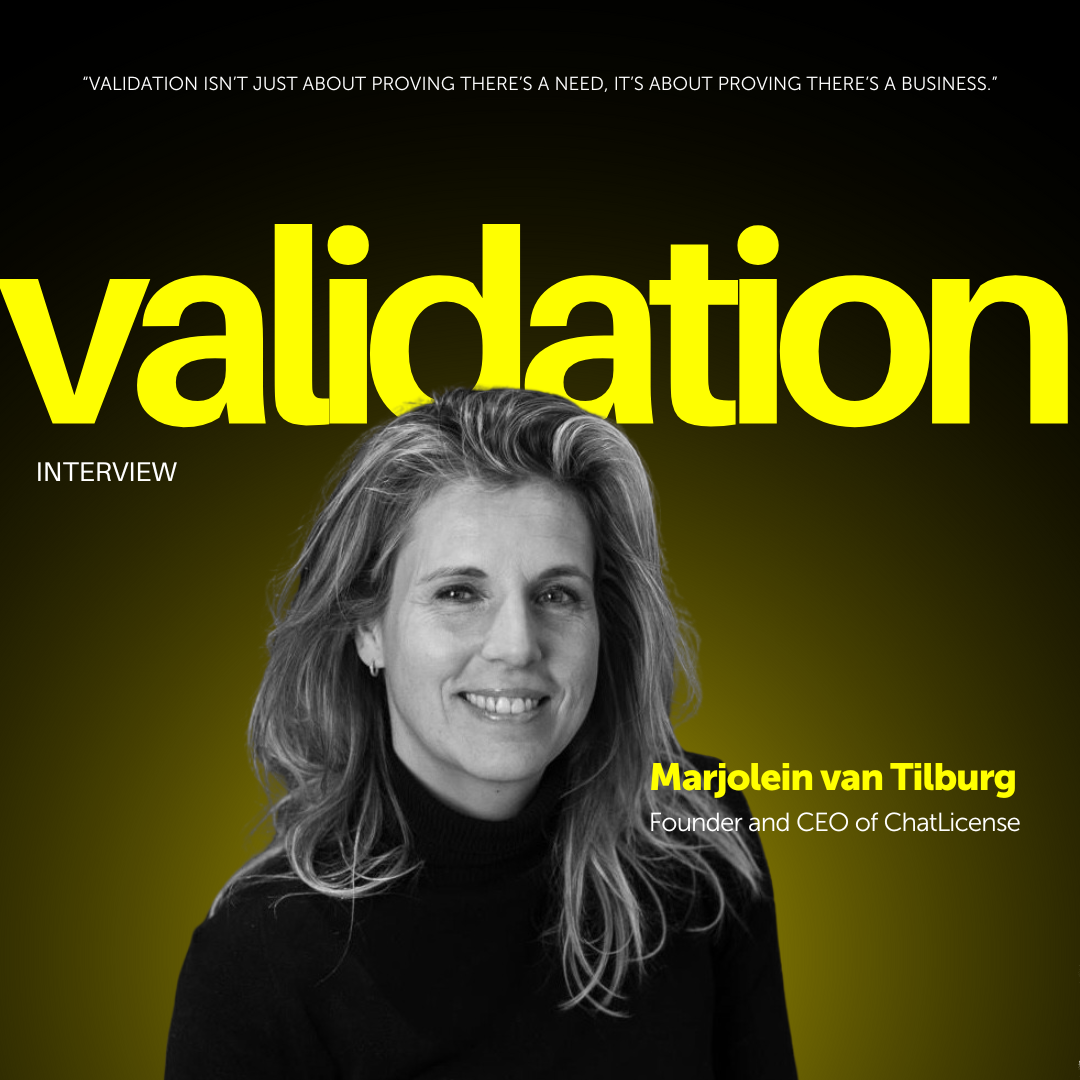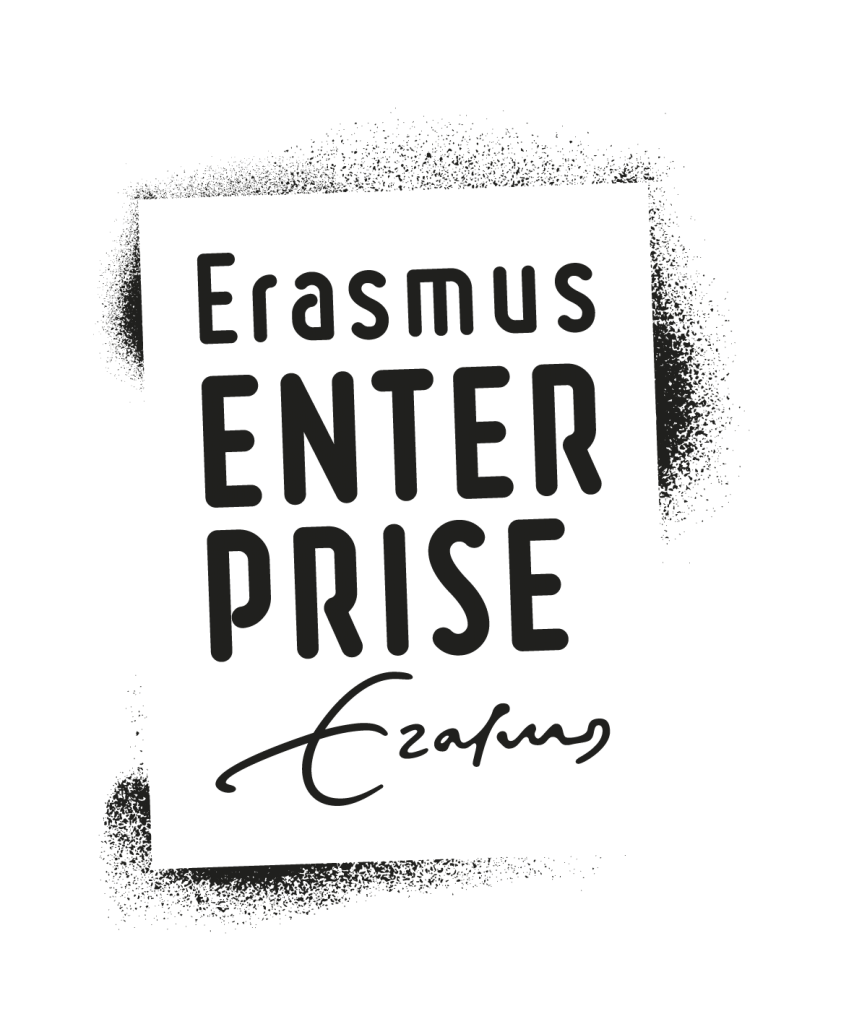Bringing an idea to life is exciting, but turning it into a real, thriving business? That’s where things get tricky. In this article, we are sitting with Marjolein van Tilburg, the founder and CEO of ChatLicense. Her app helps kids and parents navigate the first smartphone experience, teaching digital responsibility in a fun and interactive way. But before ChatLicense became what it is today, Marjolein had to go through the rollercoaster ride of startup validation, figuring out if her idea was actually worth something.
From idea to reality
The idea for ChatLicense didn’t come from a boardroom brainstorm, it came from real life. As a mother of two, Marjolein saw firsthand how unprepared kids are when they get their first smartphone. One day, she realized: “We don’t just hand them car keys without driving lessons, so why are we doing that with phones?” That thought turned into ChatLicense, an app packed with quizzes, animations, and lessons to help kids use their devices responsibly.
But having a great idea is only step one. “Somebody invited me to pitch my idea,” Marjolein recalls. “I didn’t even know where to start. I was a lawyer, not an entrepreneur, and I certainly didn’t have the technical skills to build an app.” Despite her doubts, she built a pitch deck, took the stage, and…surprise! I won the competition. That was her first taste of validation: people actually believed in her idea.
The real test begins
Winning was a confidence boost, but the real challenge was ahead. As part of her prize, Marjolein got mentorship from a regional development organization. She expected to keep riding the high, but her mentor had a reality check for her: “You’re still making a lot of assumptions.”
Enter structured validation. Instead of assuming parents would love ChatLicense, she started asking them questions, real, open-ended ones. “I stopped asking, ‘Do you like my idea?’ and started asking, ‘How do you feel about giving your child a smartphone?’” The answers gave her valuable insights that helped shape the app into something parents actually wanted.
Bumps, pivots, and hard truths
Validation isn’t just about proving yourself right, but about being open to being wrong. “Sometimes the feedback isn’t what you expect, and that’s tough,” Marjolein admits. “But it also forces you to make your product better.”
One of her biggest lessons? Passion alone won’t pay the bills. “Impact startups love solving problems, but if nobody’s willing to pay for the solution, the business won’t last. Validation isn’t just about proving there’s a need, it’s about proving there’s a business.”
Lessons for entrepreneurs
Marjolein’s journey is packed with takeaways for anyone building a startup:
- Follow a framework – Books like The Mom Test can help you go from idea to execution without getting lost.
- Talk to real people – Don’t just ask for validation, but ask real users about their actual problems.
- Stay flexible – Be ready to pivot when feedback tells you to.
- Think about the business – Passion is great, but a solid revenue model keeps the lights on.
For all the entrepreneurs, Marjolein’s story is a great reminder: validation isn’t just about proving your idea is cool. It’s about making sure it can actually work in the real world.




